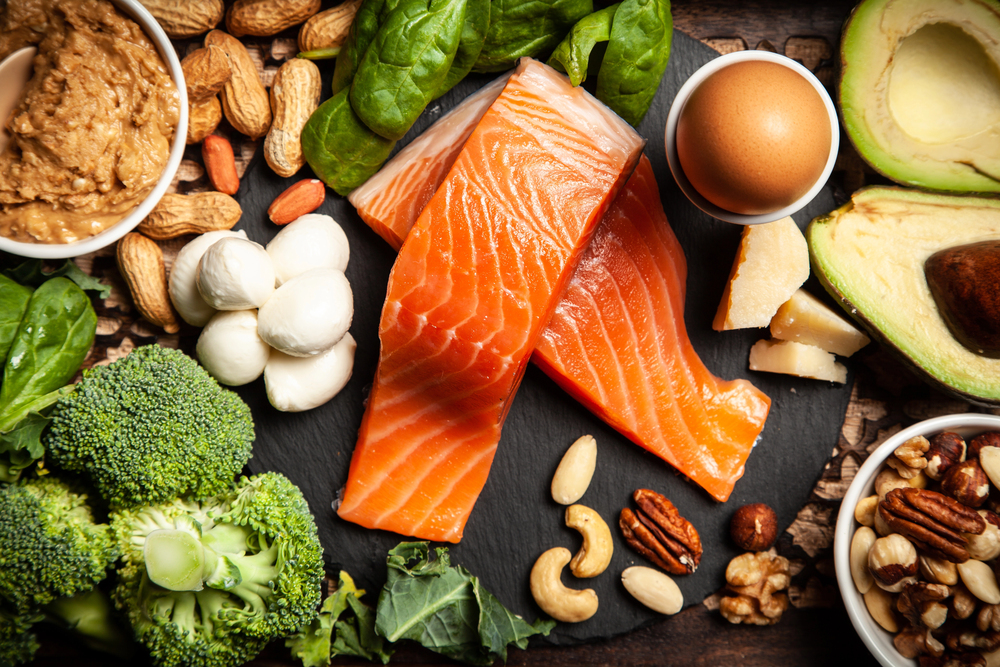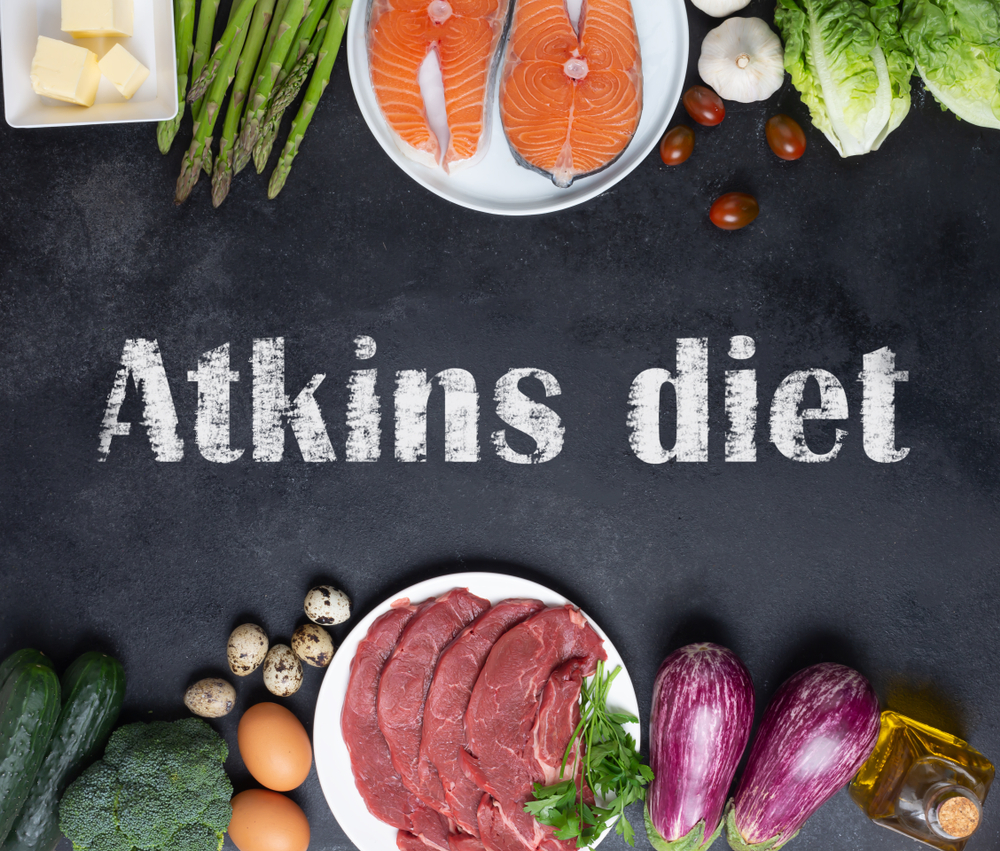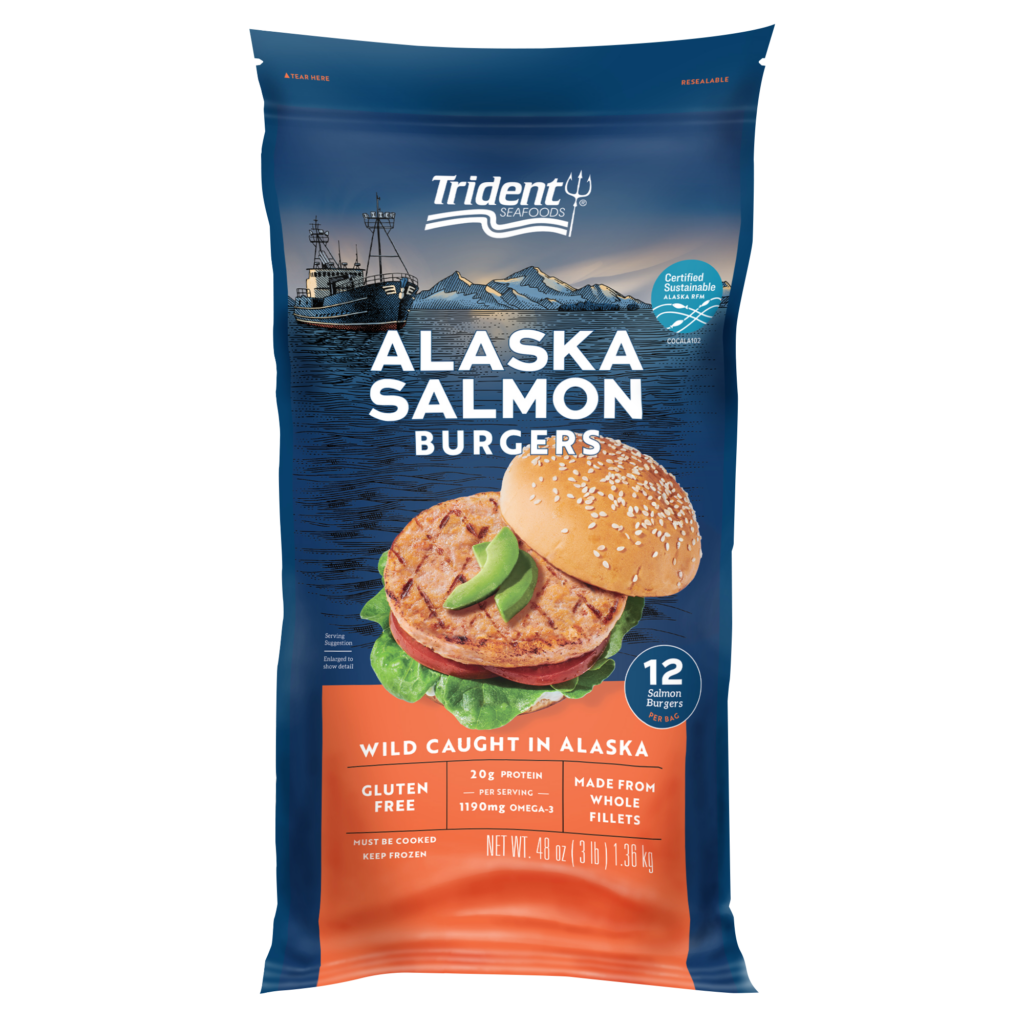Diet trends come and go, but not all of them stand the test of time. While some diets may seem appealing with their promises of rapid weight loss or improved health, the truth is often far less glamorous. Many of these popular diets fall short, failing to provide long-term benefits or realistic results. Here are some well-known diet trends that may not be worth the hype.
Contents
- 1 Keto Diet
- 2 Juice Cleanses
- 3 Paleo Diet
- 4 Intermittent Fasting
- 5 Low-Fat Diet
- 6 Detox Diets
- 7 Atkins Diet
- 8 Gluten-Free Diet
- 9 Raw Food Diet
- 10 The Master Cleanse
- 11 Blood Type Diet
- 12 Alkaline Diet
- 13 Carnivore Diet
- 14 The South Beach Diet
- 15 The Zone Diet
- 16 More From RetailShout
- 17 16 Must-Have Aldi Fridge and Freezer Finds Under $10
- 18 13 Stylish Sam’s Club Clothing Deals to Snag in November
Keto Diet

The Keto Diet has gained immense popularity for its promise of rapid weight loss by drastically reducing carbohydrates and increasing fat intake. While it may lead to quick results initially, the diet is difficult to maintain and can lead to nutrient deficiencies. Many people experience side effects like fatigue, digestive issues, and even an increase in cholesterol levels. Over time, the restrictive nature of the diet can make it unsustainable, leading to weight regain once normal eating patterns are resumed.
Juice Cleanses

Juice cleanses are often marketed as a quick way to detox and shed pounds, but they don’t live up to the hype. While they might result in short-term weight loss due to extreme calorie restriction, this weight is typically regained once solid foods are reintroduced. Moreover, juice cleanses lack essential nutrients, such as protein and fiber, which can leave you feeling weak and fatigued. They also fail to provide a sustainable approach to long-term health and weight management.
Paleo Diet

The Paleo Diet encourages eating like our ancestors, focusing on whole foods like meats, vegetables, and fruits while avoiding processed foods, grains, and dairy. Although it promotes healthier eating habits, the diet is overly restrictive and excludes many nutritious foods. The elimination of entire food groups can make it challenging to meet daily nutrient needs, particularly calcium and fiber. Additionally, the high emphasis on meat consumption may not align with everyone’s health goals or ethical beliefs.
Intermittent Fasting

Intermittent fasting involves cycling between periods of eating and fasting, with claims that it aids weight loss and improves metabolic health. While some people find success with this approach, it’s not for everyone, as the prolonged fasting periods can lead to overeating during eating windows. This diet can also cause dizziness, irritability, and difficulty concentrating, especially when starting. The restrictive nature of fasting can be difficult to sustain long-term and may not offer any additional benefits over traditional calorie reduction.
Low-Fat Diet

Low-fat diets became popular decades ago as a way to lose weight and improve heart health by reducing fat intake. However, many low-fat products compensate for the lack of fat by adding sugar, leading to potential weight gain and increased cravings. Fat is an essential nutrient for the body, and cutting it out can lead to deficiencies in fat-soluble vitamins and a lack of satiety, making it hard to stick to the diet. As a result, the low-fat diet often fails to deliver on its promises of better health and weight loss.
Detox Diets

Detox diets claim to cleanse the body of toxins through a restrictive regimen of specific foods, drinks, or supplements. These diets are often short-term and lack scientific evidence to support their effectiveness. The body already has its detoxification system—primarily the liver and kidneys—making these diets unnecessary and potentially harmful. Rather than promoting long-term health, detox diets can lead to nutrient deficiencies, muscle loss, and a slowed metabolism.
Atkins Diet

The Atkins Diet, similar to Keto, is a low-carb diet that emphasizes high protein and fat consumption. While it can result in weight loss, especially in the initial phases, it’s not without its drawbacks. The diet’s restrictive nature can lead to nutrient imbalances, particularly in fiber and certain vitamins and minerals. Long-term adherence can be challenging, and many people struggle with regaining weight once they transition back to a more balanced diet.
Gluten-Free Diet

A gluten-free diet is essential for those with celiac disease or gluten sensitivity, but for others, it may not be necessary or beneficial. Many people adopt a gluten-free diet believing it will help them lose weight or improve digestion, but the evidence supporting these benefits in non-celiac individuals is lacking. Additionally, gluten-free products are often more expensive and may contain more sugar and fat than their gluten-containing counterparts. This diet can also lead to deficiencies in fiber and important nutrients found in whole grains.
Raw Food Diet

The Raw Food Diet promotes eating uncooked and unprocessed foods, believing that raw foods retain more nutrients and enzymes. While it encourages the consumption of fruits and vegetables, the diet can be extremely limiting and difficult to follow. Cooking foods enhances the availability of certain nutrients and makes them easier to digest. Over time, the raw food diet can lead to deficiencies in essential nutrients like protein, calcium, and vitamin B12, making it an unsustainable choice for many.
The Master Cleanse

The Master Cleanse, also known as the Lemonade Diet, is a liquid diet that involves drinking a mixture of lemon juice, maple syrup, and cayenne pepper. Promoted as a detox and weight-loss method, it’s highly restrictive and lacks essential nutrients, making it unsafe for long-term use. While it may result in temporary weight loss, the majority of this is water weight and muscle mass rather than fat. The extreme nature of the cleanse often leads to fatigue, dizziness, and irritability, with no lasting health benefits.
Blood Type Diet

The Blood Type Diet suggests that people should eat according to their blood type, claiming that certain foods are more compatible with specific blood types. However, there is no scientific evidence supporting the idea that blood type affects dietary needs or food compatibility. This diet can be overly restrictive, eliminating many healthy food options based solely on blood type. Adopting such a diet may lead to nutritional imbalances and does not guarantee better health outcomes.
Alkaline Diet

The Alkaline Diet is based on the belief that certain foods can affect the body’s pH levels, promoting better health by reducing acidity. However, the body naturally regulates its pH levels, and what you eat has little impact on your overall acidity. This diet often excludes entire food groups, such as dairy, meat, and grains, which can result in nutrient deficiencies. Despite its popularity, there’s no solid evidence that the alkaline diet offers any health benefits beyond those of a balanced diet.
Carnivore Diet

The Carnivore Diet advocates for eating only animal products, with claims that it can improve health and simplify eating. While it may lead to weight loss due to its high protein content, the lack of plant-based foods means missing out on essential nutrients like fiber, vitamins, and antioxidants. This diet is extremely restrictive and can lead to issues like constipation, nutrient deficiencies, and an increased risk of heart disease. The long-term sustainability and health benefits of the carnivore diet are highly questionable.
The South Beach Diet

The South Beach Diet is a low-carb, high-protein diet that promises quick weight loss by reducing cravings and improving heart health. While it does encourage healthier food choices, the initial phase of the diet is highly restrictive and can be difficult to maintain. The diet’s emphasis on protein over carbohydrates can lead to imbalances in nutrient intake, and many people struggle to stick with it long enough to see lasting results. As with many diet trends, the South Beach Diet may offer short-term success but falls short in promoting long-term health and weight management.
The Zone Diet

The Zone Diet focuses on balancing macronutrients in specific ratios to control insulin levels and promote weight loss. While it encourages a balanced intake of proteins, carbs, and fats, the rigid structure of the diet can be challenging to follow. The emphasis on precise measurements and timing can lead to an unhealthy obsession with food and eating patterns. Despite its popularity, the Zone Diet doesn’t necessarily offer superior results compared to more flexible and less restrictive approaches to healthy eating.
This article originally appeared on RetailShout.
More From RetailShout
15 Freezer Deals at Costco You’ll Want to Buy in Bulk This November

With the holiday season around the corner, Costco’s freezer section is packed with deals on all kinds of foods you’ll want to have on hand. From easy appetizers to hearty entrees and even desserts, Costco offers a wide variety of freezer finds that are perfect for feeding a crowd or just making weeknight meals a breeze. Read More.
16 Must-Have Aldi Fridge and Freezer Finds Under $10

Sometimes, it feels like everything’s getting more expensive, but Aldi’s here to save the day with some real gems under $10. Stocking your fridge or freezer doesn’t have to break the bank, especially when there are delicious, high-quality finds waiting on Aldi’s shelves. Read More.

When November rolls around, it’s the perfect time to refresh your wardrobe with cozy and stylish pieces, and Sam’s Club has a fantastic lineup of clothing deals that are too good to miss. From warm sweaters and versatile jackets to trendy boots and lounge essentials, there’s something for everyone to embrace the fall season in style. Read More.






